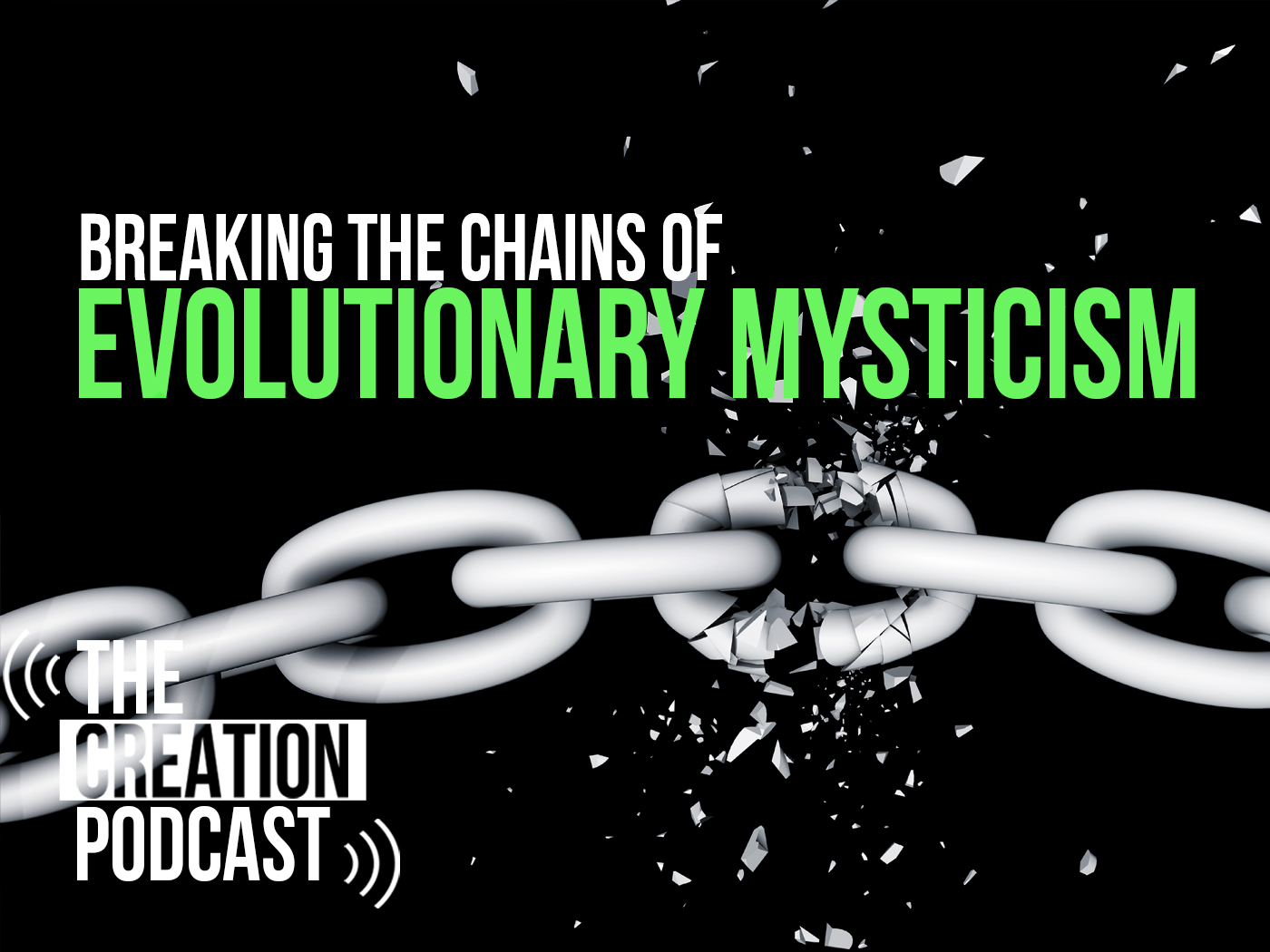“For verily I say unto you, Till heaven and earth pass, one jot or one tittle shall in no wise pass from the law, till all be fulfilled.” (Matthew 5:18)
Here is the commentary of the Lord Jesus on the doctrine of plenary verbal inspiration. Not only were the words of the Bible divinely inspired, but even the very letters! The “jot” was the smallest letter of the Hebrew alphabet (yod, the tenth letter). The “tittle” was a small horn-like appendage which transformed one Hebrew letter into another. Thus, a stronger statement of absolute verbal inspiration than this could hardly be imagined.
Further, the phrase “in no wise” is actually a double negative in Greek. In New Testament Greek it was used for strong emphasis. According to none other than the Lord Jesus Christ Himself, every word—even every letter—of the “law” must be fulfilled. This certainly includes the books of the Pentateuch—including even the often-maligned and distorted opening chapters of Genesis!
He applied the same principle to other parts of Scripture as well. “The scripture cannot be broken,” He said (John 10:35) in the course of an exposition of Psalm 82:6, based on one single word used in the verse, supporting the vital doctrine of His own deity.
It is clear that Christ taught the doctrine of full, verbal inspiration of the Holy Scriptures. It is sad and inexcusable that so many today who call themselves Christians repudiate this vital teaching of the Lord Jesus by rejecting, diluting, or “interpreting” the plain statements of the Word of God. And, lest anyone equivocate by suggesting that, since the original writings have all been lost, we no longer can know what the divinely given words may have been, we should remember Christ’s promise: “Heaven and earth shall pass away, but my words shall not pass away” (Matthew 24:35). HMM




















